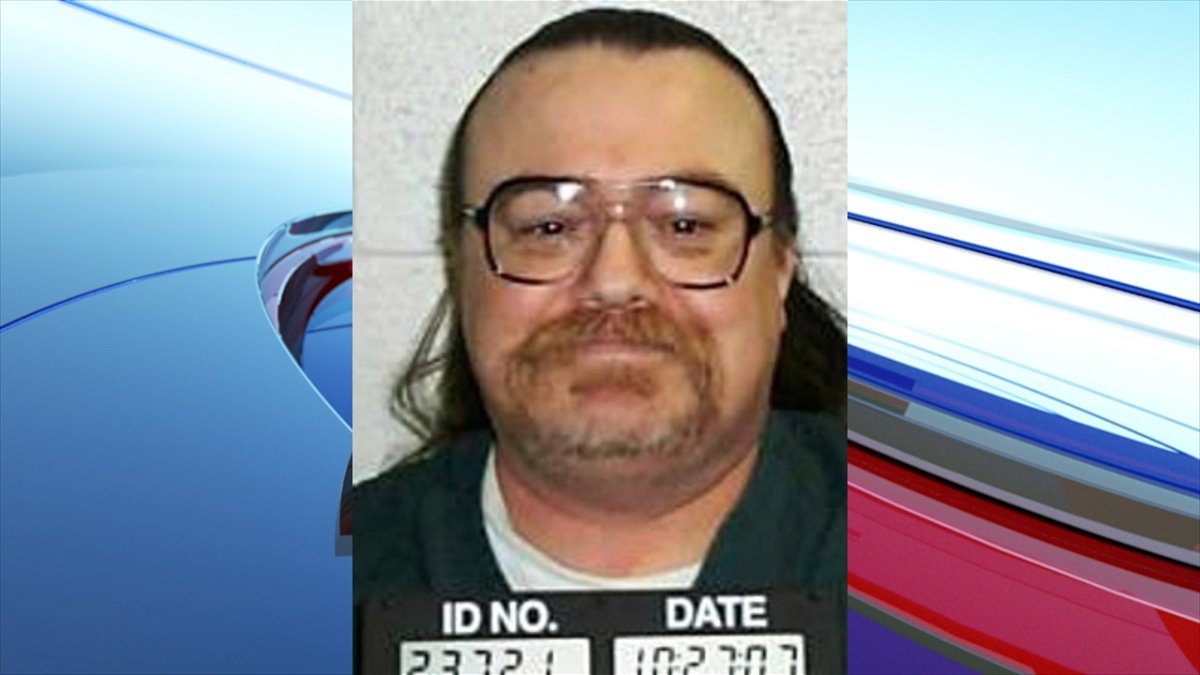Idaho death row inmate asks Supreme Court to stop execution

BOISE, Idaho (AP) - An Idaho man scheduled for execution in three weeks is asking the U.S. Supreme Court to stop the state from moving forward with his lethal injection while it reviews his case.
Attorneys for Gerald Ross Pizzuto Jr. filed the request on Thursday, asking the nation's highest court to review whether he would have been convicted if jurors had known about a secret meeting between court officials and attorneys for a co-defendant who later testified against Pizzuto. The request is likely a long shot - it's exceedingly rare for the Supreme Court to agree to consider an "extraordinary writ of habeas corpus" like the one filed in Pizzuto's case.
Pizzuto was one of three men charged in connection with the 1985 murders of Berta and Del Herndon. Berta Herndon, 58, and her nephew Del, 37, were prospecting at a remote cabin near McCall when prosecutors said they were bound, robbed and killed. Both Herndons were beaten and Del was also shot.
Pizzuto, James Rice and Bill Odom were arrested in connection with the crime. The three men were camping together nearby, and according to court records Odom and Rice were discussing robbing some fishermen when Pizzuto left and walked toward the Herndon's cabin, saying he was going "hunting."
Rice and Odom later approached the cabin and said they heard "bashing hollow sounds," before Pizzuto emerged with a hammer, a rifle and revolver, money and cowboy boots. Rice went in the cabin and found the Herndons lying on the ground with blood on their heads. Rice then shot Del Herndon, according to the court records, because his legs were shaking and Rice "didn't want him to suffer."
The three later divided up the money, buried the bodies and robbed the cabin. After staying several days with the other two in Cascade, Rice took a bus to California and reported the murders to police.
Rice later reached a plea deal and testified for the prosecution, telling the jury that under the plea he would avoid the death penalty but expected to be sentenced to life in prison for two counts of 2nd degree murder. Odom also reached a deal with prosecutors, pleading guilty to voluntary manslaughter and grand theft charges.
Both Rice and Odom were released from prison after serving about 12 and 10 years respectively. Pizzuto was sentenced to death, and it was only years later - long after his conviction was final and his first appeal had been denied - that Pizzuto learned that prosecutors and the judge had actually promised Rice that he would only serve about 14 years in prison in exchange for his testimony.
Pizzuto's attorneys contend that if the jury had known Rice had a secret deal with the judge and prosecutors and lied on the witness stand about it, that Pizzuto might not have been sentenced to death.
Pizzuto's attorneys made the same argument to the 9th U.S. Circuit Court several years ago, but lost the case in 2012. In that ruling, a three-judge appellate panel said the evidence of the secret meeting and false testimony was troubling, but that there were enough aggravating factors to Pizzuto's crime to justify the death penalty anyway. One of the judges dissented, however, saying the secret deal and false testimony would likely have thrown the credibility of the entire trial in doubt if jurors had known, potentially leading to a different outcome.
The court records in Pizzuto's case are tangled. At one point, the Idaho Supreme Court wrongly wrote in a ruling that Pizzuto, not Rice, had shot Del Herndon. The court later acknowledged the error but never issued a formal correction, causing it to be repeated in articles by The Associated Press and other news outlets over the years.
Pizzuto, now 65, has terminal bladder cancer and heart disease and is likely near the end of his natural life. His attorneys have also asked the state's pardons commission to grant him clemency and let him die naturally rather than spending taxpayer dollars on his execution. Pizzuto is scheduled to die by lethal injection on June 2.
Idaho has executed three people since capital punishment was resumed nationwide in 1976.
Keith Eugene Wells was executed in 1994, Paul Ezra Rhodes was executed in 2011 and Richard Albert Leavitt was executed in 2012.






